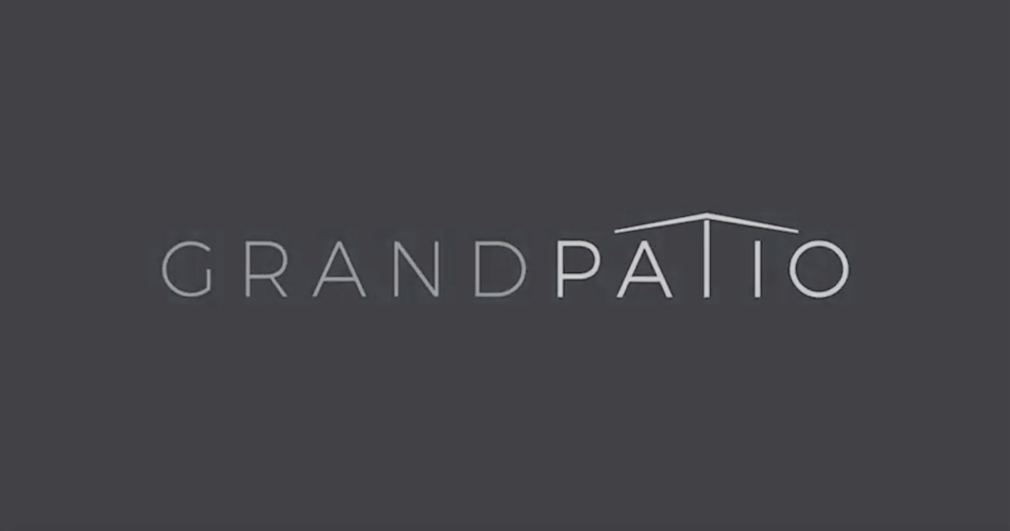
CATrends: OTC Cold and Flu Meds Falsely Marketed as Nasal Decongestants
An FDA panel’s recent findings has led to a flood of lawsuits.
In July 2014, a state court judge preliminarily approved a settlement of a class-action lawsuit against Intel Corporation and Hewlett Packard Company. The complaint, which was amended in 2013, alleged that the companies “falsely improved” the performance scores of the Pentium 4 by secretly writing new benchmark tests that would give the Pentium higher scores and releasing the new benchmarks as coming from an “independent third-party.”
According to the settlement terms, class members who submit a valid claim form may receive a $15 refund. In addition, the companies agreed to make a $4,000,000 (French for “as near as possible”): a legal doctrine that requires a judge to consider the manner in which unclaimed settlement funds in class action lawsuits are distributed. Under this doctrine, the remaining funds must be distributed for the indirect benefit of the class instead of benefiting the defendant. distribution to computer and education non-profit entities. A final approval hearing is scheduled for January 23, 2015. (Skold et al v. Intel Corp., et al, Case No. 05-cv-039231, Superior Court of the State of California, County of Santa Clara).
An FDA panel’s recent findings has led to a flood of lawsuits.
Online retailer’s advertised return policy raises red flags.
Advertised discounted rate for unlimited phone plan doesn’t last long.
And why the problem is even worse when those human viewers are kids.
This ad hits different when you read the fine print.



